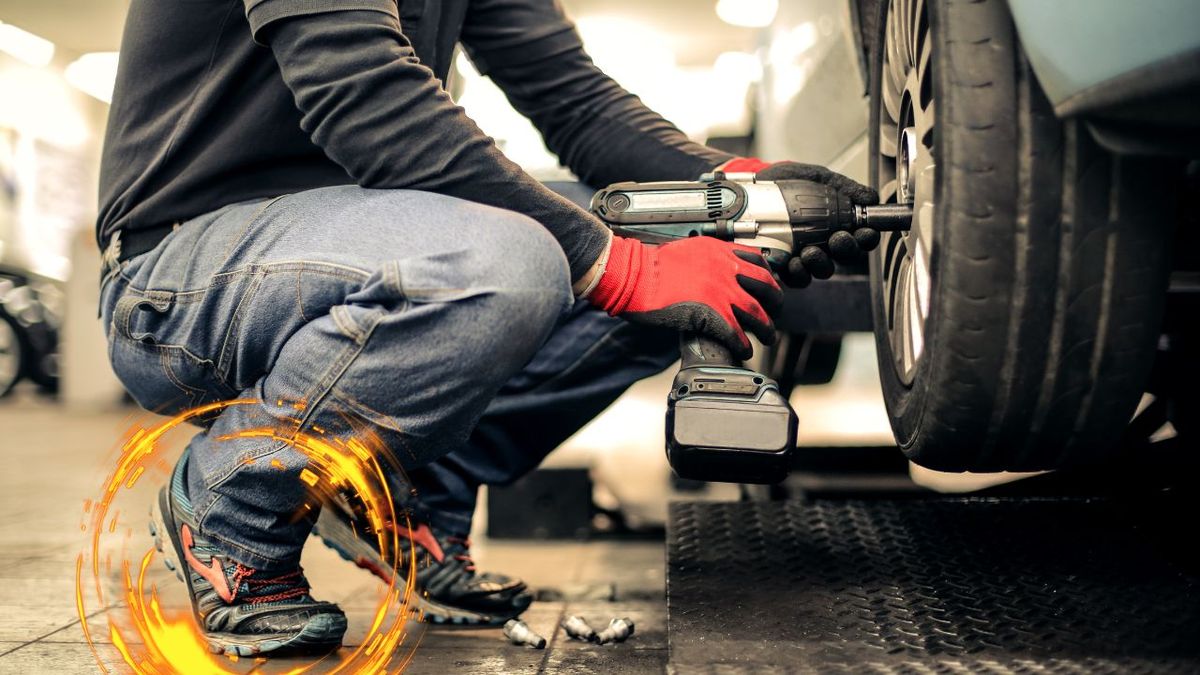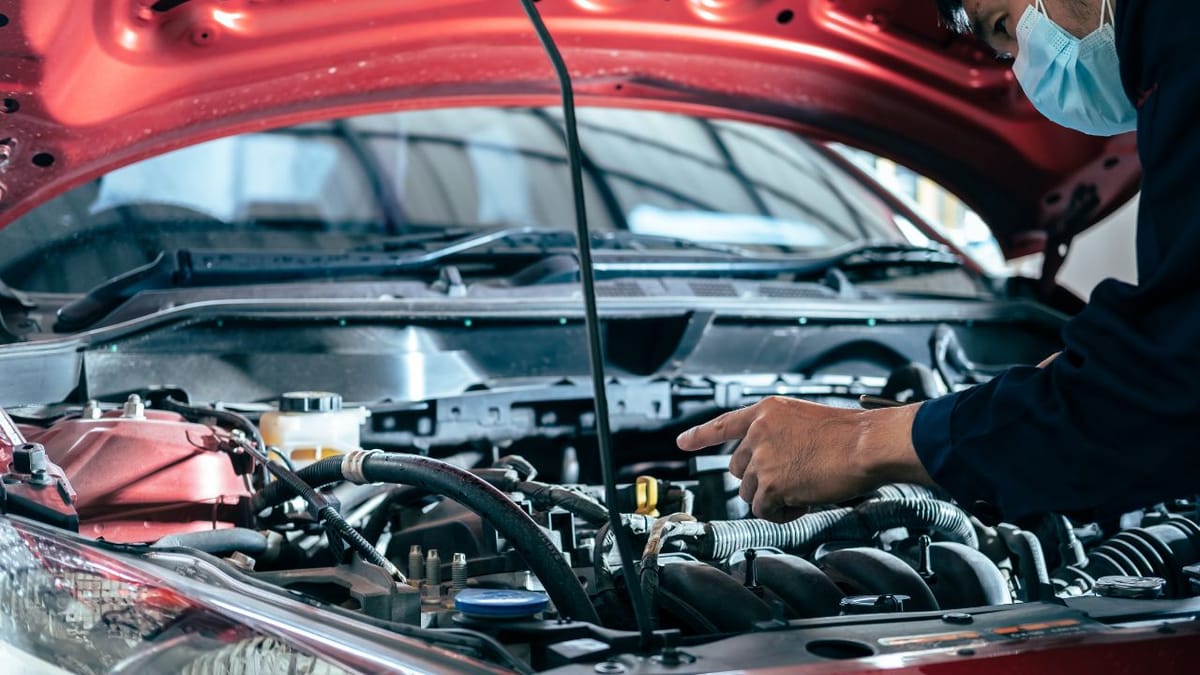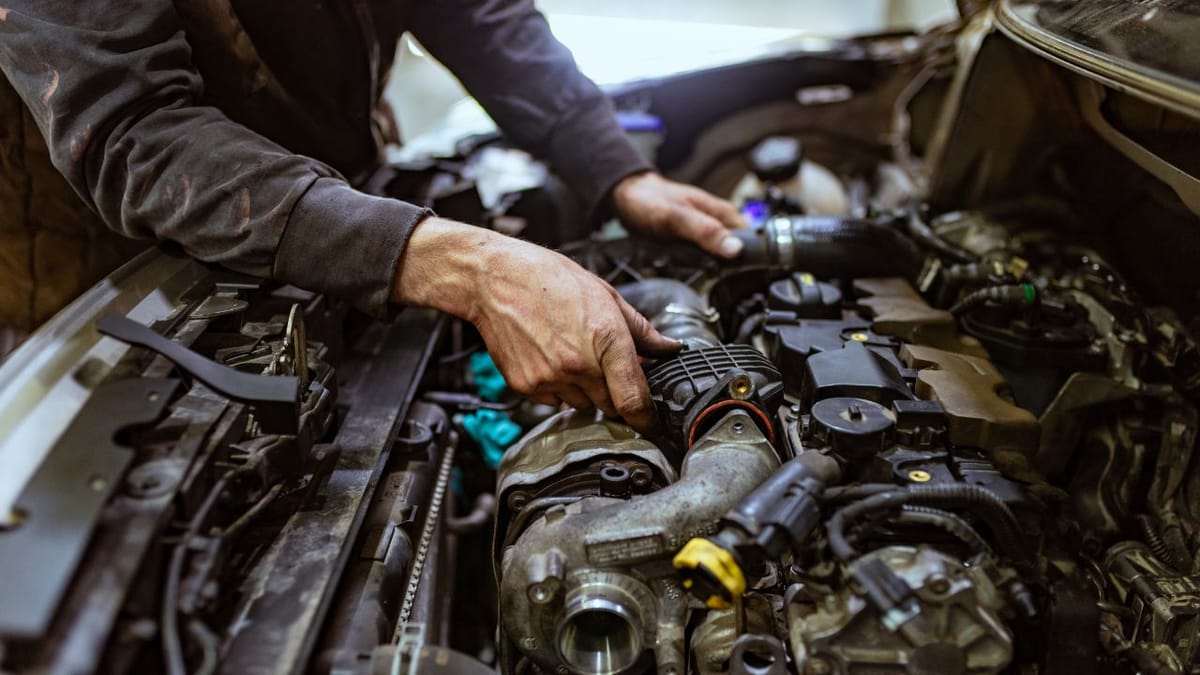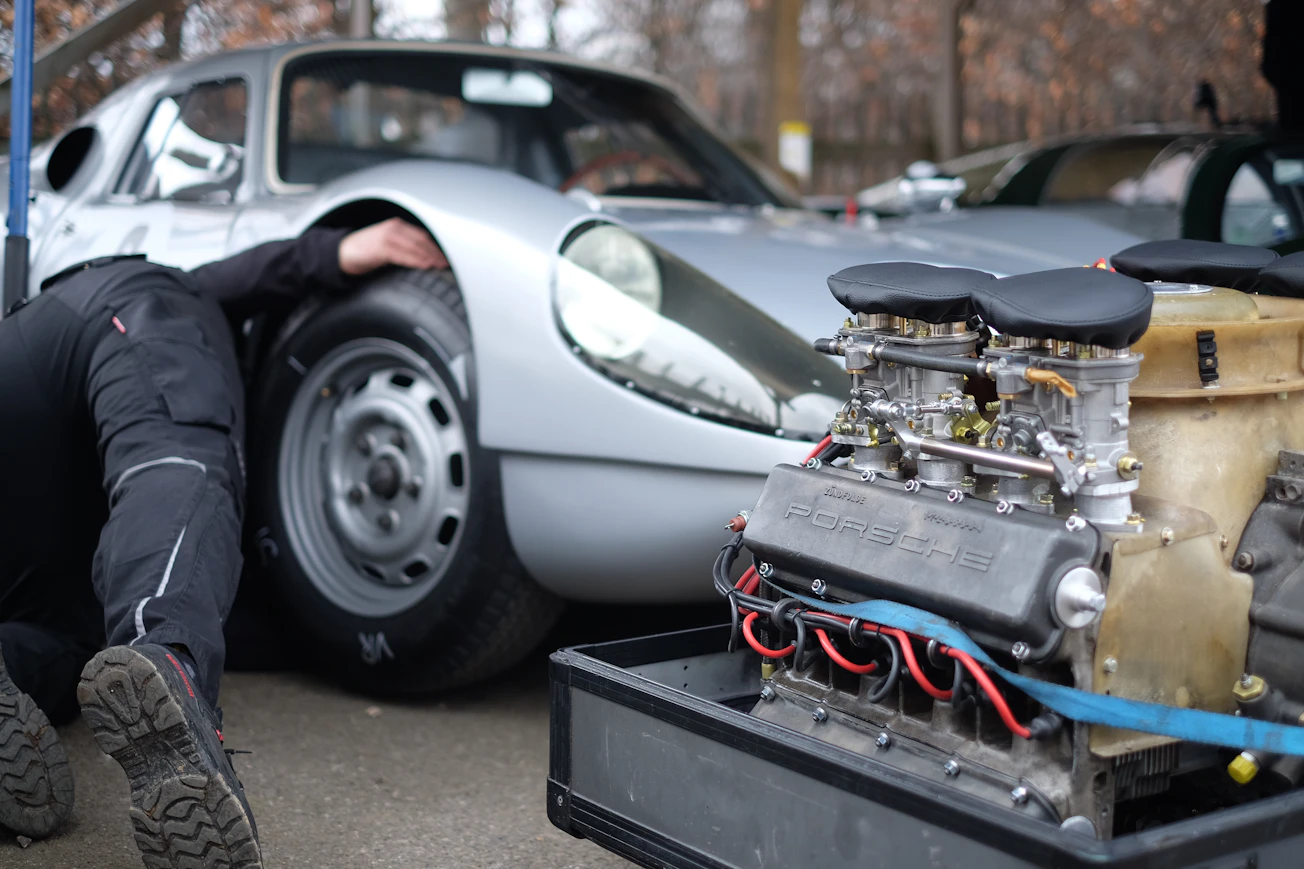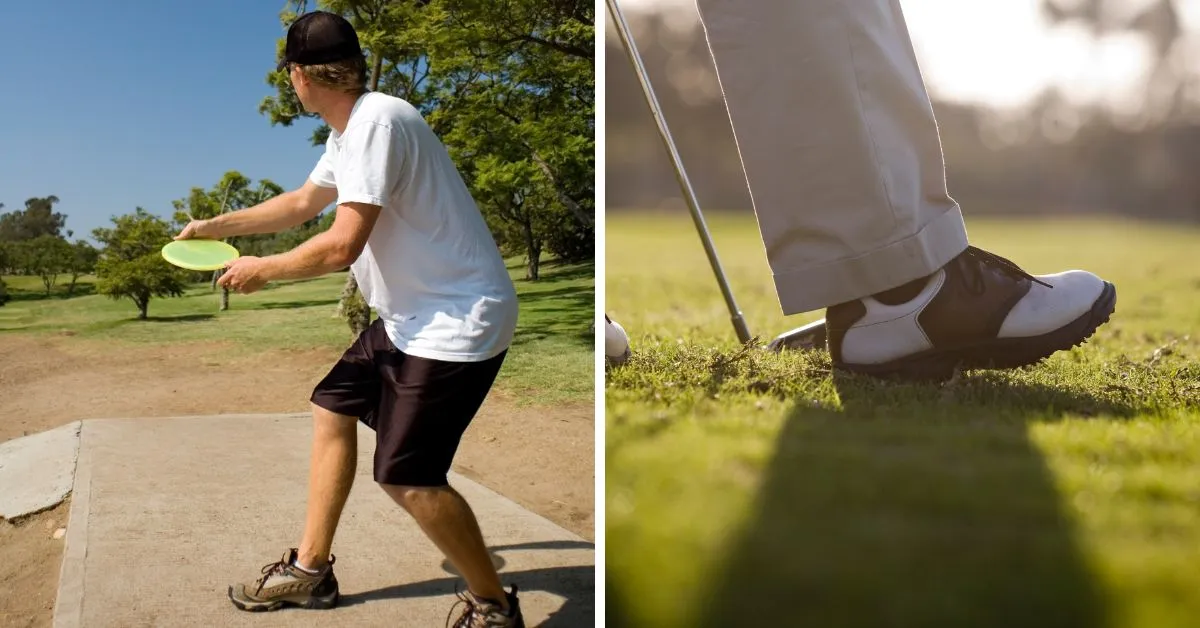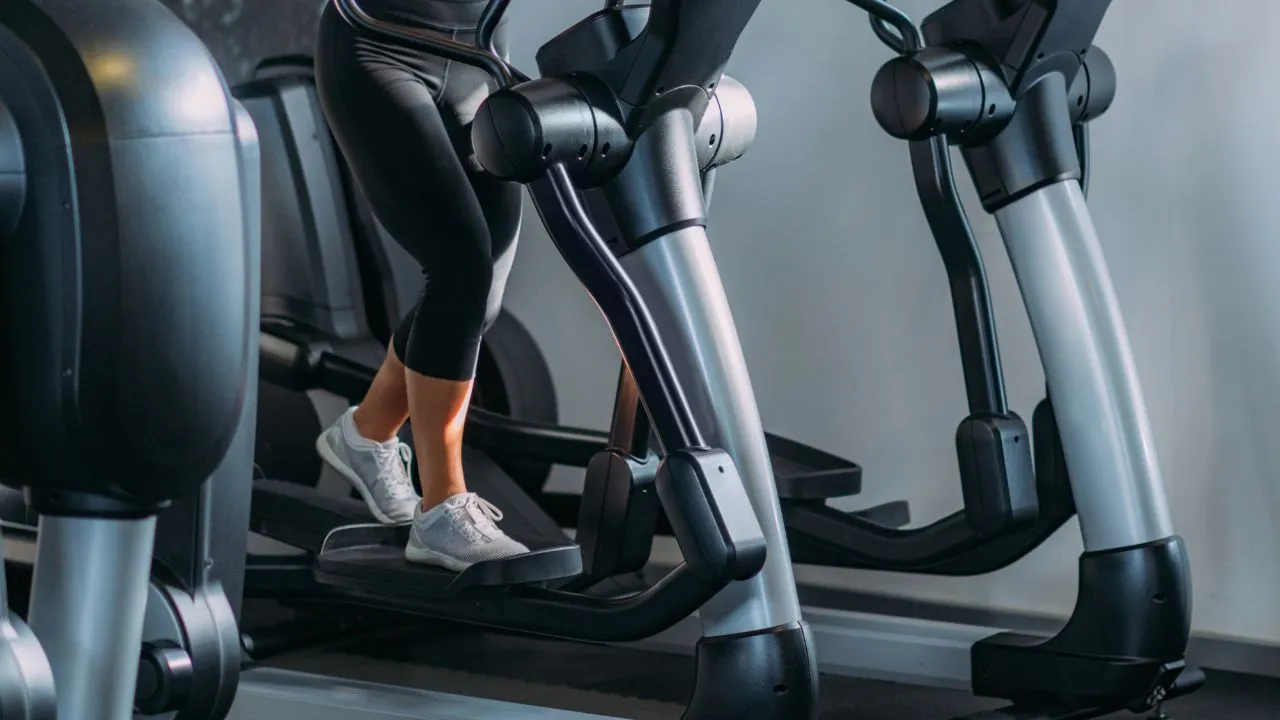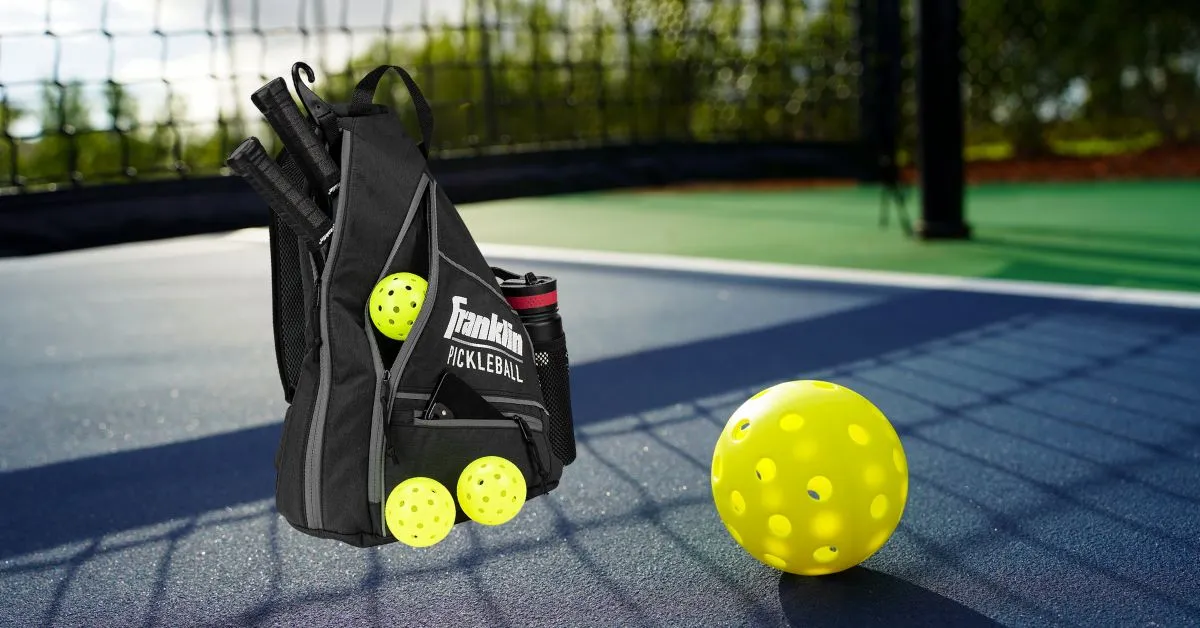Table of Contents
Key Takeaways:
- The best shoes for mechanics should prioritize safety, comfort, and durability when choosing mechanic work shoes.
- Specific features like steel toes, slip resistance, and electrical hazard protection are essential.
- Regular maintenance and replacement of work shoes can prevent workplace injuries.
Mechanics are professionals who often work in environments that are hazardous and demanding. The importance of wearing the right shoes cannot be overstated, as they not only protect the feet but also support the mechanic's posture and overall health. In this comprehensive guide, we will explore the essential features and types of shoes that are best suited for mechanics.
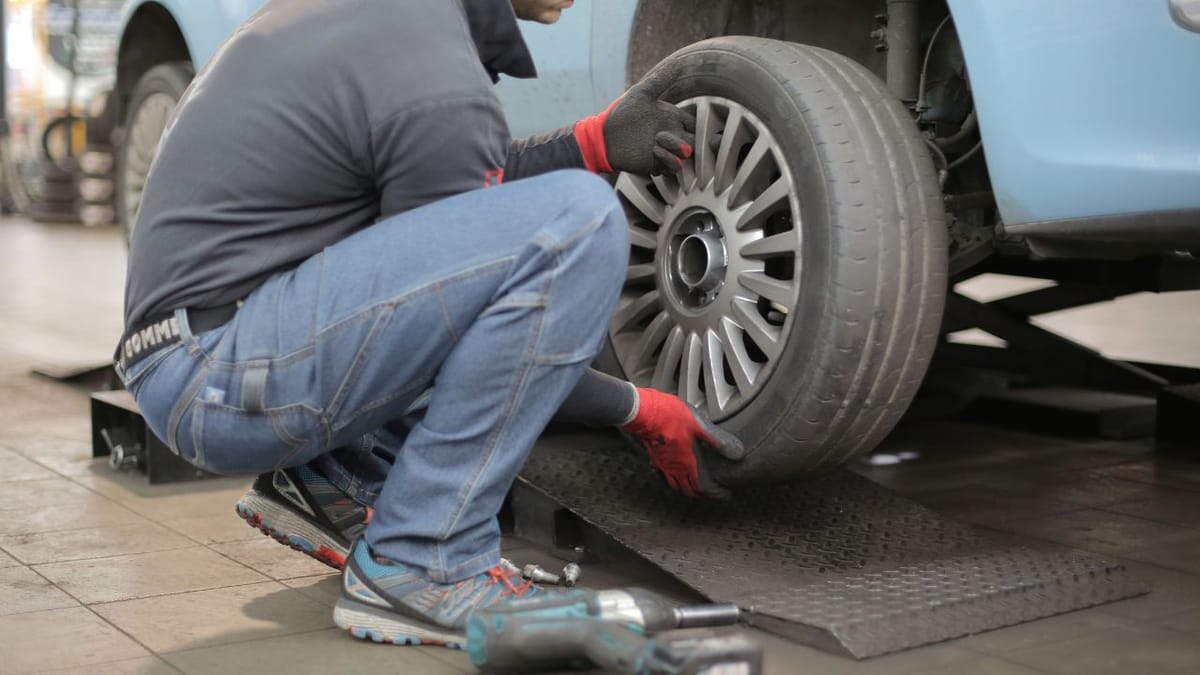
With detailed and rigorous research, we provide our readers with the finest recommendations. Our recommendations are our opinions. Our cause is backed by reader support- for every click made through one of our affiliates links, a commission may be earned at no extra expense to you! As an Amazon Associate, Reviewsopedia may earn a commission from qualifying purchases. Thank you and enjoy!
Understanding the Mechanic's Work Environment
The work environment of a mechanic is typically filled with potential hazards such as heavy machinery, slippery surfaces, and various chemicals. Therefore, the footwear chosen must be capable of providing protection against these risks. Shoes with a sturdy construction and materials that can withstand oil, grease, and other chemicals are a must. Additionally, the work floor can be uneven, which means shoes should also offer good arch support and cushioning to prevent foot fatigue.
Essential Features in Mechanic Shoes
When it comes to selecting the right shoes, there are several features that a mechanic should look for. Safety toes, often made from steel or composite materials, are crucial for protecting the feet from heavy objects. Slip-resistant soles are another key feature, as they provide stability on oily or wet surfaces. Moreover, shoes that offer electrical hazard protection are beneficial in preventing electric shocks in environments where electrical equipment is used.
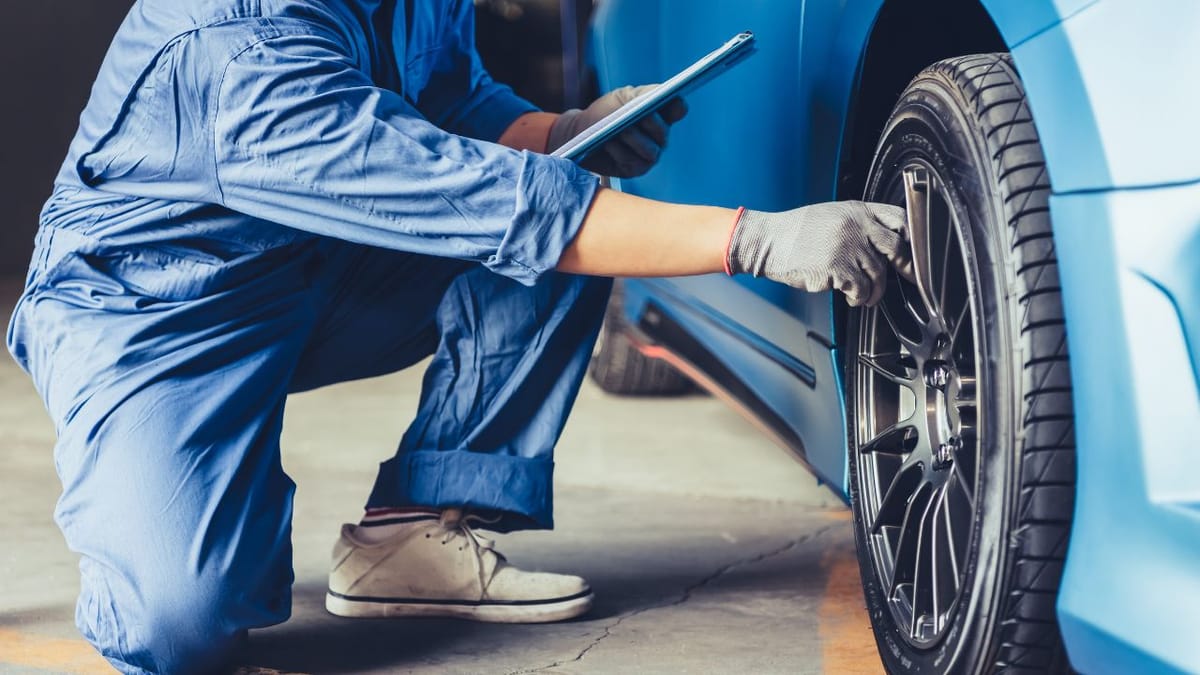
The Importance of Durability and Comfort
Durability is a factor that cannot be compromised when choosing mechanic shoes. The footwear should be made of high-quality materials that can endure the rigors of daily use. Comfort is equally important, as mechanics spend long hours on their feet. Shoes with adequate padding, breathable materials, and ergonomic design can significantly reduce discomfort and the risk of developing foot-related problems.
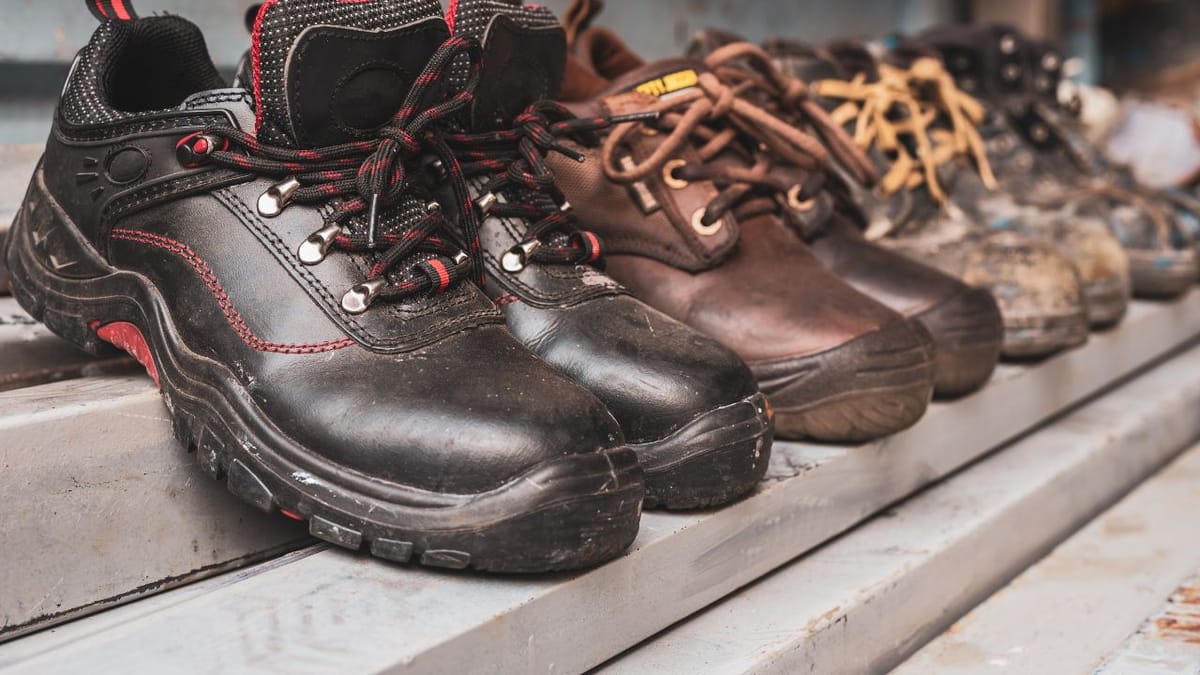
Top Shoe Types for Mechanics
There are several types of shoes that are well-suited for mechanics, including work boots, safety shoes, and sneakers designed for industrial work. Work boots often provide the best overall protection and support, while safety shoes can offer a more lightweight option without sacrificing safety features. Sneakers, on the other hand, might be more comfortable and flexible but may not offer the same level of protection as boots.
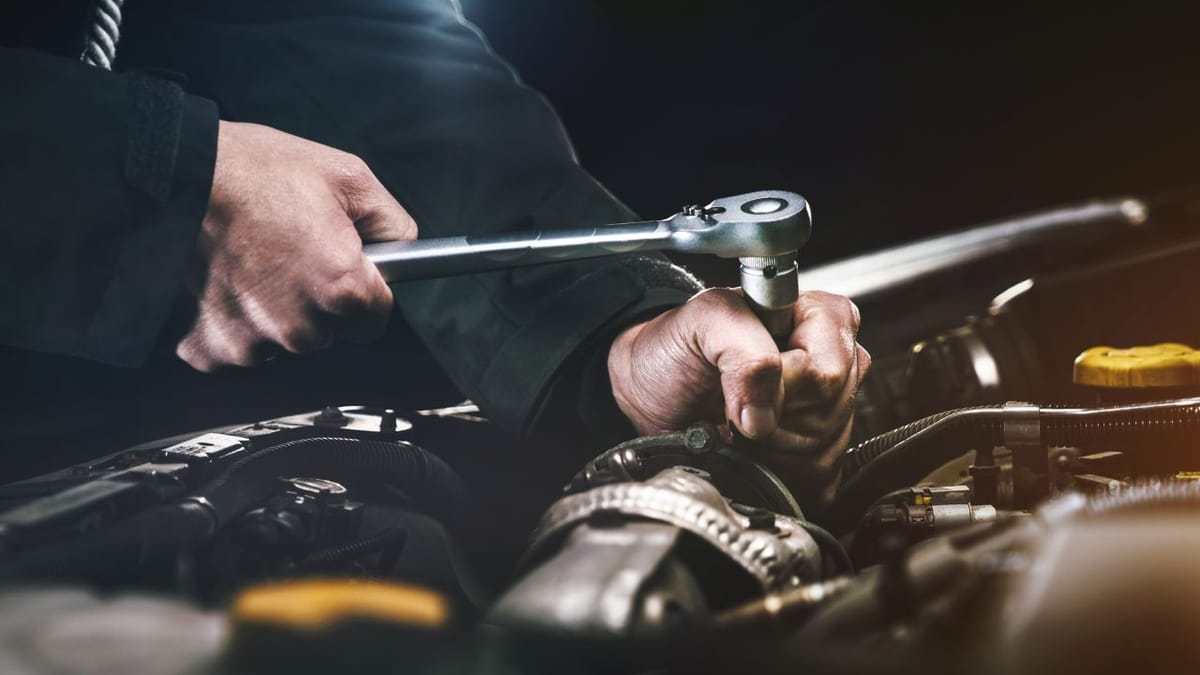
Safety Standards and Certifications
It is essential to choose shoes that meet recognized safety standards and certifications. Organizations such as the American Society for Testing and Materials (ASTM) and the Occupational Safety and Health Administration (OSHA) set guidelines for safety footwear. Shoes that comply with these standards ensure that they have been tested and meet the minimum requirements for protection.
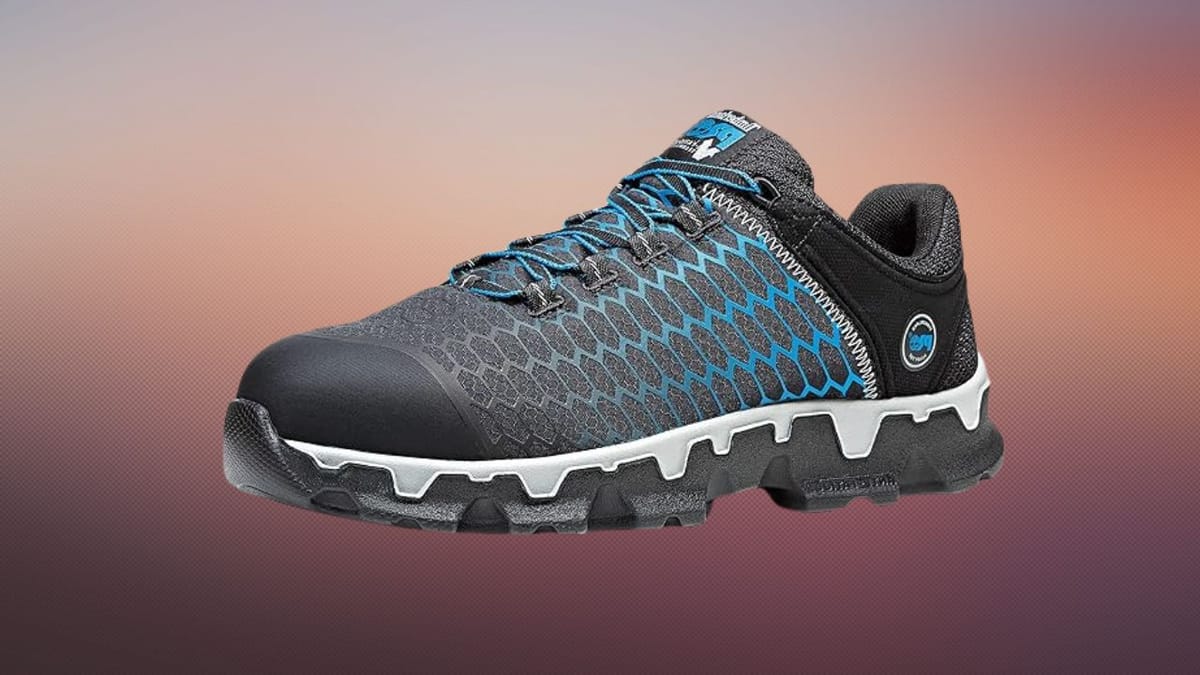
The Role of Personal Fit and Preference
While safety and durability are non-negotiable, personal fit and preference play a significant role in the selection process. Mechanics should try on different styles and sizes to find shoes that fit well and feel comfortable. The right fit can prevent blisters, calluses, and other foot injuries that can occur from wearing ill-fitting shoes.
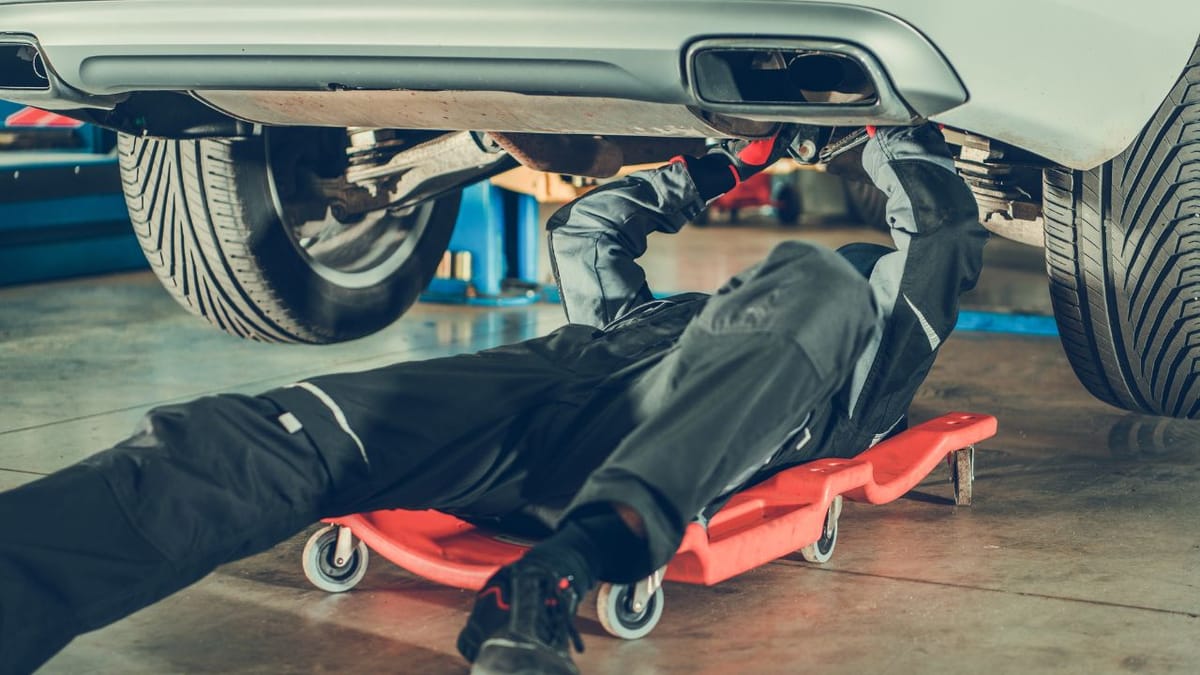
Maintenance and Care of Mechanic Shoes
Proper maintenance and care of mechanic shoes can extend their lifespan and maintain their protective features. Regular cleaning, conditioning of leather, and replacement of insoles can keep the shoes in good condition. It's also important to inspect shoes regularly for any signs of wear and tear that could compromise their safety.
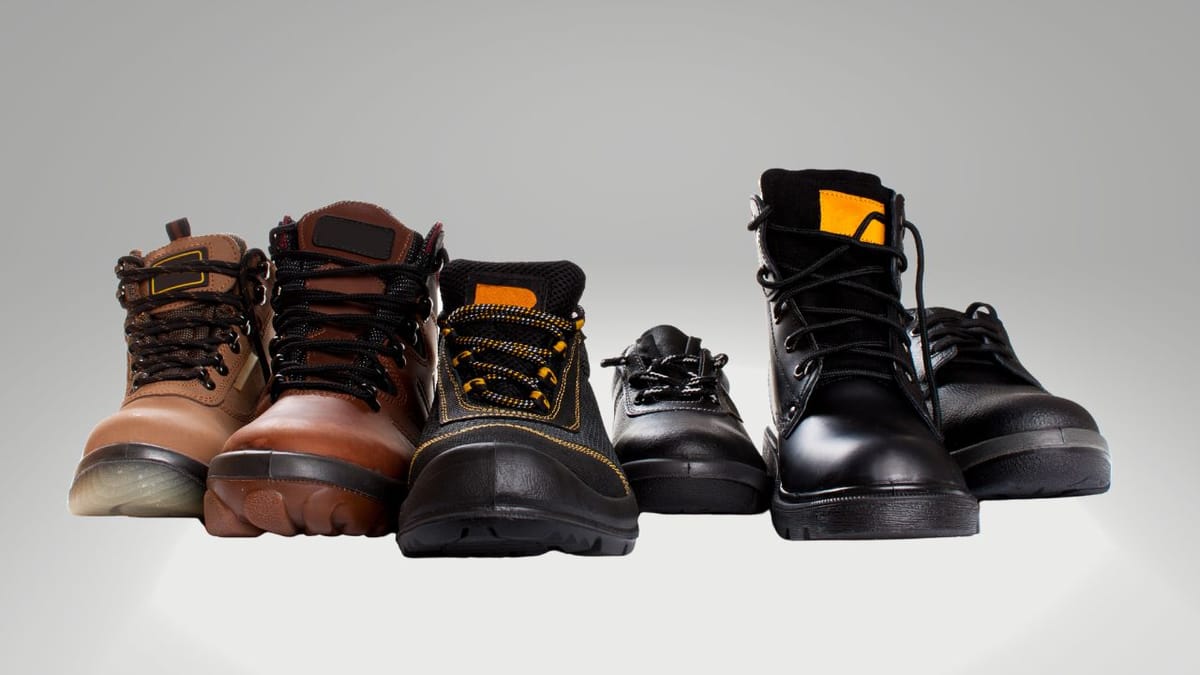
When to Replace Mechanic Shoes
Knowing when to replace mechanic shoes is crucial for maintaining foot safety. Signs of significant wear, such as holes, separated soles, or damaged safety toes, indicate that it's time for a new pair. It's recommended to replace work shoes at least once a year or sooner if they are worn out.
Investing in Quality Footwear
While it might be tempting to opt for cheaper options, investing in quality footwear is a wise decision for mechanics. Quality shoes not only last longer but also provide better protection and comfort. In the long run, they can be more cost-effective by reducing the risk of injuries and the frequency of replacements.
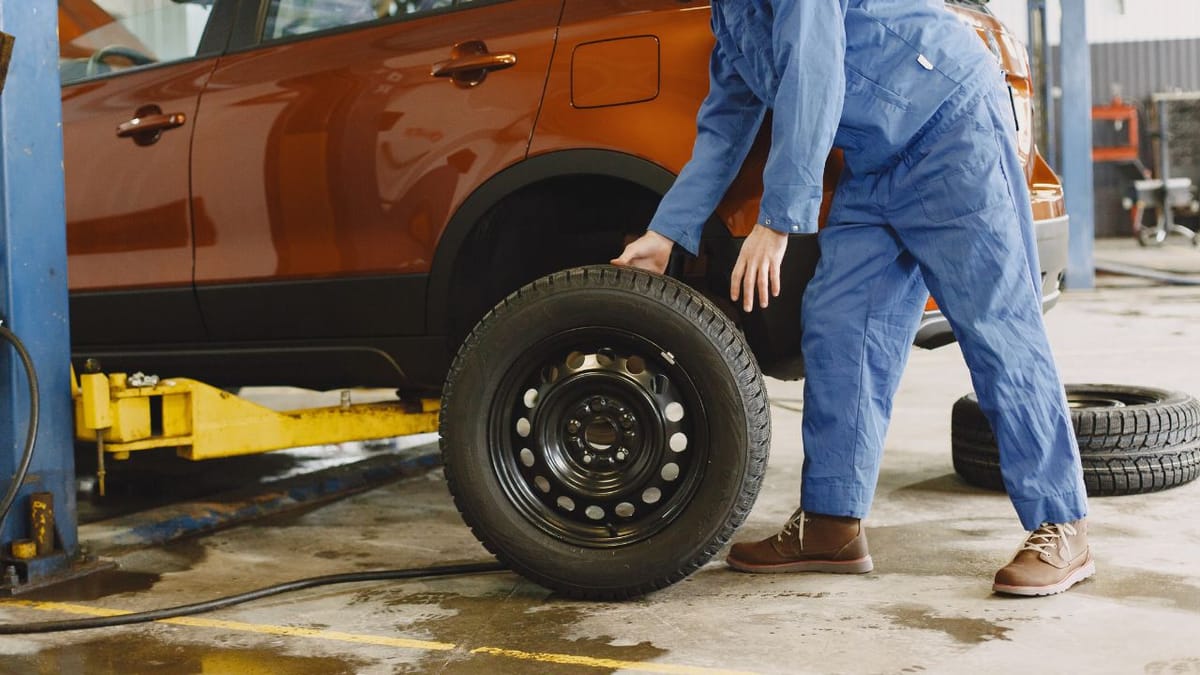
Summary
Mechanics require shoes that offer safety, comfort, and durability to navigate their challenging work environments effectively. Essential features such as safety toes, slip resistance, and electrical hazard protection are non-negotiable. While personal fit and preference are important, it is crucial to adhere to safety standards and certifications. Regular maintenance and timely replacement of mechanic shoes are key to ensuring ongoing foot protection. Investing in quality footwear is not only a smart choice for a mechanic's health and safety but also for long-term cost savings.
FAQ Section
How often should a mechanic replace their work shoes?
Mechanics should replace their work shoes at least once a year or sooner if they show significant signs of wear, such as holes, separated soles, or damaged safety toes.
Are sneakers suitable for mechanics?
While sneakers designed for industrial work can be more comfortable and flexible, they may not offer the same level of protection as work boots or safety shoes. It's important to ensure that any footwear worn by a mechanic meets safety standards and provides adequate protection.
Can a mechanic wear the same shoes outside of work?
While it's possible, it's not recommended. Shoes worn in a mechanic's work environment can accumulate oil, grease, and other substances that could damage other surfaces. It's best to have a separate pair of shoes for work to maintain hygiene and safety.
Other Related Articles
